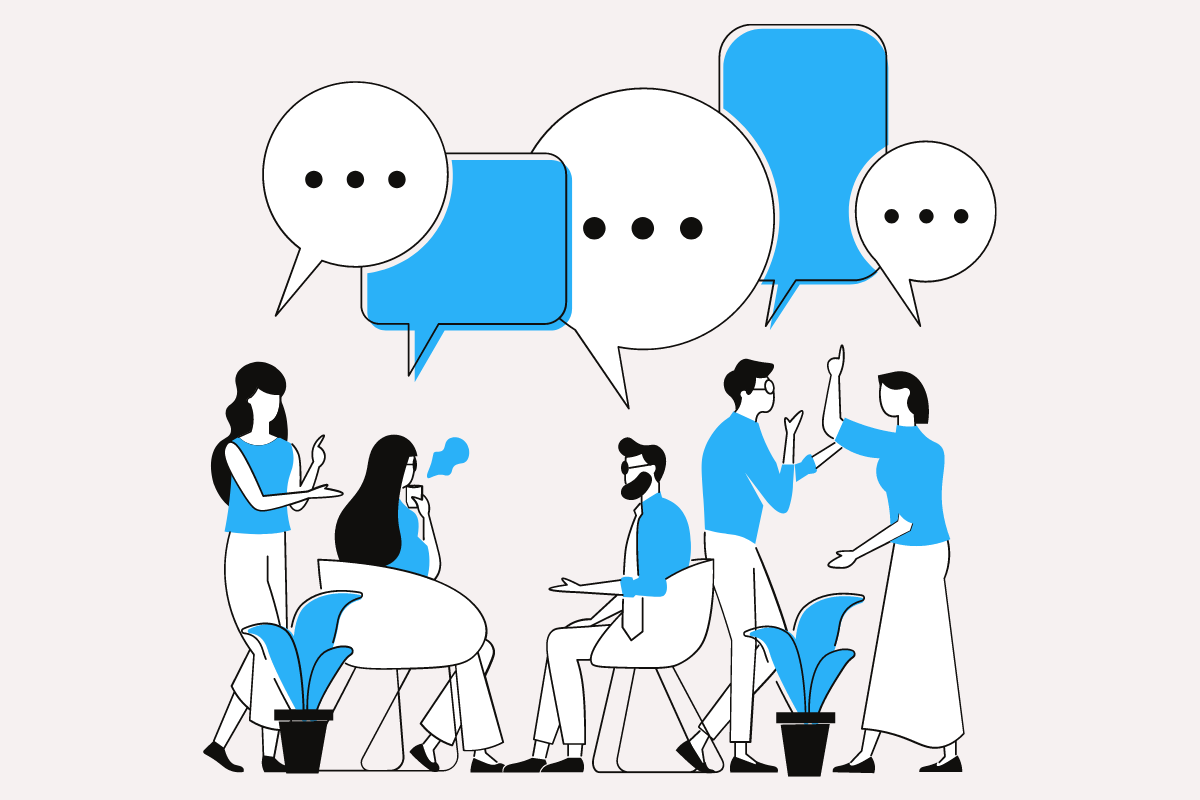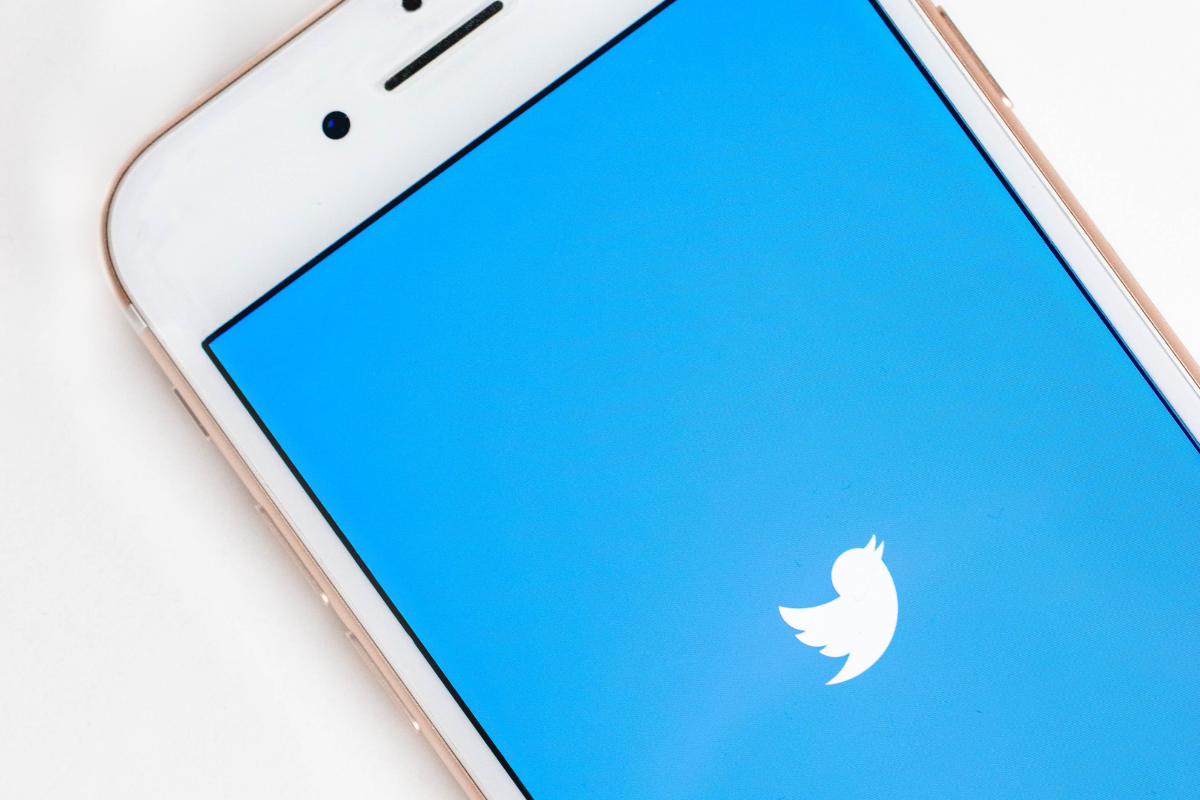Seven days. That’s how long it took God to create the world (according to the Bible). It’s also how long it took Elon Musk – the second richest person on Earth – to shake the Twitter tree to its roots. This is the story of the Twitter takeover.
In the immediate aftermath of his US$44 billion acquisition of Twitter in October, the CEO of Tesla and SpaceX introduced a dizzying list of rapid-fire changes to the social media company.
Let’s take a look at how – with just over 50 days in office – the billionaire entrepreneur has changed the landscape at one of the world’s most popular social networks.
Twitter takeover: The timeline
the bird is freed
— Elon Musk (@elonmusk) October 28, 2022
Musk fires long-standing executives
On 27 October, Musk bought Twitter.
The next day, the self-proclaimed “Chief Twit” tweeted: “the bird is freed”, an implicit reference to his motivation for buying Twitter – to restore free speech to its tweets.
Musk instantly fired several long-serving executives including CEO Parag Agrawal, CFO Ned Segal, Chair Bret Taylor, General Counsel Sean Edgett and Chief Legal Officer Vijaya Gadde.
He claims to have terminated them “for cause”, but a closer look at his Twitter feed reveals that Musk had prior skirmishes with people on his executive hit list.
Musk lays off almost 50 percent of full-time employees
Ever since Musk told Twitter’s investors on 20 October that, upon taking ownership of the company, he would reduce its workforce by nearly 75 percent, the ax has ominously hung over the heads of Twitter employees like the Sword of Damocles.
On 4 November, the ax finally dropped. Citing a US$4 million loss in revenue per day, Musk said he had “no choice” but to lay off 3,700 of Twitter’s 7,500 full-time employees – nearly 50 percent of the workforce.
Musk introduces paid ‘verification’ checkmark
Following Musk’s Twitter spat with author Stephen King about his proposal to charge users US$20 a month for their blue checkmark, Musk introduced the Twitter Blue subscription service on 9 November.
Presumably yielding to King’s objection to paying the original monthly fee, Twitter stated that anyone signing up to pay US$7.99 a month would receive a blue verification checkmark “just like the celebrities, companies and politicians you already follow”.
But the service had an obvious flaw: it didn’t verify account holders’ identities. Consequently, Twitter was flooded with “verified” accounts impersonating official accounts.
One parodied account sunk the share price of pharmaceutical company Eli Lilly by four per cent after a viral tweet from a fake account, which read: “We are excited to announce insulin is free now.”
Just 48 hours after roll out, Twitter suspended Twitter Blue.
Musk engages in retaliatory firings
BBC Technology Editor Zoe Kleinman observes that, despite Musk claiming to be a staunch advocate for freedom of speech, his zeal for free speech isn’t so evident when it offends his sensibilities.
For instance, on 15 November, Musk fired at least 20 engineers who criticized his leadership on Slack and Twitter.
Musk issues ultimatum to Twitter employees
When building a product, Musk favors a “hardcore” approach.
He sent Twitter employees an early morning email on 16 November. It gave them an ultimatum: either work “long hours” at “high intensity” or leave with three months’ severance pay (which Musk claimed is “50 percent more than legally required”). Employees were given a deadline of 5pm the next day to confirm their interest in working at Twitter.
Media outlets uncovered that “long hours” meant some employees were instructed to work 12-hour shifts, seven days a week.
Following Musk’s ultimatum, at least 1,200 full-time employees resigned in 24 hours. When the news broke, #RIPTwitter started trending…on Twitter.
Musk suspends journalists’ accounts
On 16 December, reporters from CNN, The New York Times, The Washington Post and other news media were inexplicably locked out of their Twitter accounts.
Musk, however, claimed their accounts were suspended because they publicly disclosed his “exact location in real-time,” thereby endangering his family.
Matt Binder, a journalist at Mashable, had his account suspended. He denied sharing Musk’s live location data, but noted that his coverage was “very critical” of Musk.
The United Nations and the European Union roundly condemned Twitter’s decision – with the former tweeting that “media freedom is not a toy” while the latter threatened Twitter with future financial sanctions under Europe’s new Digital Services Act, which calls for “the respect of media freedom and fundamental rights”.
Musk lifted the ban after posting a Twitter poll asking if the banned journalists should be reinstated immediately or after a seven-day suspension. Approximately 59 percent voted for immediate restoration.
Should I step down as head of Twitter? I will abide by the results of this poll.
— Elon Musk (@elonmusk) December 18, 2022
In a shock move, Musk started yet another Twitter poll – this time, asking if he should “step down as head of Twitter”. So far, 58 percent of more than 3.8 million people have voted in favor of him resigning. Musk has promised to “abide by the results of this poll”. In another blow, Musk recently lost his coveted title of the world’s richest person to Bernard Arnault, CEO of LVMH.
Twitter takeover: The public reaction

We turned the Twitter takeover debate over to our LinkedIn followers. Here’s what they had to say.
Karl Treacher, Group CEO at The Culture Institute of Australia
“Twitter has failed in several realms, not least in its inability to find a profitable revenue model for the past nine years.
“Musk has proven commercial and strategic nous but, like so many myopic entrepreneurs, time will tell if his vision and plans consider the one critical dependency for sustained business performance – culture.”
Ricky Nowak, Executive Coach
“[Musk] is intentionally curating an audacious brand of control and controversy – throwing out today’s playbooks on leadership.
“The lack of transparency from his sink-carrying antics et al is surely creating deep anxiety and distrust as we nervously await more chaos to unfold.”
Marie-Claire Ross, Trust Leadership Speaker
“Elon Musk takes on big challenges and wins. He has an uncanny ability to provide new technology that solves real-world problems. Of course, we now look on, in horror, as he works his way through Twitter.
“With Twitter traffic now up by 23 percent, the chaos he’s created is working, you could say. His real gift to us is providing a wonderful example of how not to treat employees.”
Karen Morley, Executive Leadership Coach
“Musk personifies the ‘heroic’ masculine leadership model of showing enduring strength, concealing any weaknesses, adopting the ‘dog-eat-dog’ mentality, putting work above all else and so on.
“Research very clearly shows that this approach creates toxicity in organizations. Despite this, such leaders may succeed financially – for a while – yet usually only for a small number of stakeholders. Lousy for everyone else.”
Daniel Murray, Leadership Trainer
“If [Musk] wanted to completely transform Twitter, throwing away much of what is there today to make something totally different, his approach might be the right one.
“If he wanted to adjust Twitter’s strategy and direction to make it a better version of what it was, his approach is terrible.”
Chris Minett, Founder of Car Park Storage.co
“I wish he had left Twitter alone.
“For its many faults, Twitter was good enough for me! I worry about what it will become and – probably more importantly – why it’s being taken there.”
Twitter takeover: The next chapter

There is some good news though.
Twitter users have long been asking – pleading even – for the ability to edit their tweets.
In March, Musk ran a Twitter poll, which found that about 74 percent of his followers supported adding an edit feature.
Subscribers to Twitter Blue, which was relaunched in December (with impersonation safeguards in place) will “get access to subscriber-only features, such as Edit Tweet”.
So, the bird may well be free – to edit, at least.







